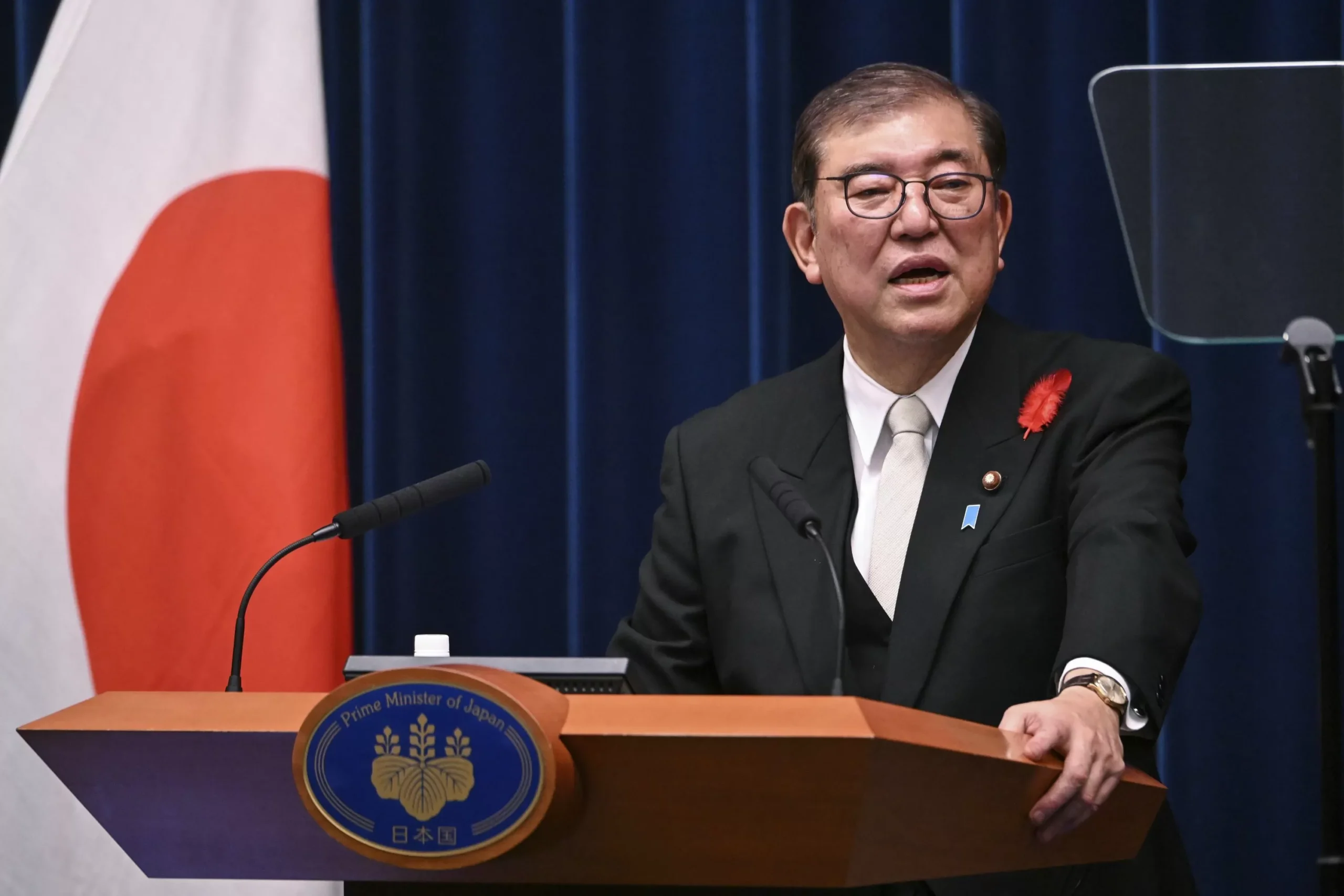Japan’s new prime minister, Shigeru Ishiba, was appointed on Tuesday, ushering in a new era of hope and promise for the nation. With a strong background in politics and a reputation as a reformist, Ishiba’s appointment has been met with widespread enthusiasm and high expectations.
In his inaugural speech, Ishiba outlined his plans to revitalize Japan’s sluggish economy, tackle the nation’s demographic challenges, and spearhead the country towards a brighter future. These are no small tasks, but Ishiba has proven himself to be a capable and determined leader, and the Japanese people are eager for him to deliver on his promises.
One of the key issues facing Japan is its struggling economy. Despite being the world’s third-largest economy, Japan has been grappling with a prolonged period of stagnant growth, marked by deflation and low consumer spending. Ishiba has pledged to take bold and decisive steps to inject new life into the economy and kickstart growth.
One of his proposed strategies is to increase government spending on infrastructure projects, creating jobs and stimulating economic activity. He also plans to implement tax cuts for businesses, incentivizing them to invest and innovate, and ultimately drive economic growth. Additionally, Ishiba has promised to tackle the issue of Japan’s rapidly aging population, which has put a strain on the country’s social welfare system.
Aging demographics and a declining birth rate have led to a shrinking workforce and a shortage of young people to support the aging population. Ishiba has proposed policies to encourage more women to join the workforce, along with measures to support working parents and provide better childcare options. He believes that by tapping into the potential of women in the workforce, Japan can address both its aging population and its economic challenges.
But Ishiba’s vision for Japan goes beyond just the economy. He has also pledged to tackle some of the country’s social issues, including gender inequality and regional disparities. He has emphasized the need for a more inclusive society, where everyone has equal opportunities and can contribute to the nation’s progress regardless of their gender or background. This has struck a chord with many Japanese citizens who are looking for a leader who is committed to creating a fair and just society.
Ishiba has a long and distinguished political career, having served in various ministerial positions and as a member of parliament for over 30 years. He has a reputation for being a principled and honest politician, and many see him as a refreshing change from the status quo. His popularity is reflected in his strong win in the party leadership race, which paved the way for his appointment as prime minister.
As Japan’s new leader, Ishiba has already demonstrated his willingness to listen to the people and engage in dialogue with different stakeholders. He has also shown a willingness to make tough decisions for the long-term benefit of the nation, even if they may not be popular in the short term. This is a quality that is highly valued in a leader, and it has garnered Ishiba a lot of respect and admiration.
The appointment of Shigeru Ishiba as prime minister marks a new era for Japan, one that is filled with hope and optimism. He has inherited a nation facing many challenges, but his strong leadership and clear vision have inspired confidence in the people. As Ishiba moves forward with his plans, the nation eagerly awaits the transformation and progress that he will bring. With his determination and dedication, there is no doubt that Japan will emerge stronger and more prosperous under the leadership of Shigeru Ishiba.





![Complete BritRail Pass Guide [Types, How to Use It, Pros + Cons]](https://inside-news.uk/wp-content/uploads/2025/06/00221EB4-BCA2-4DBB-6CD4-83DBC37D71FA-120x86.webp)












